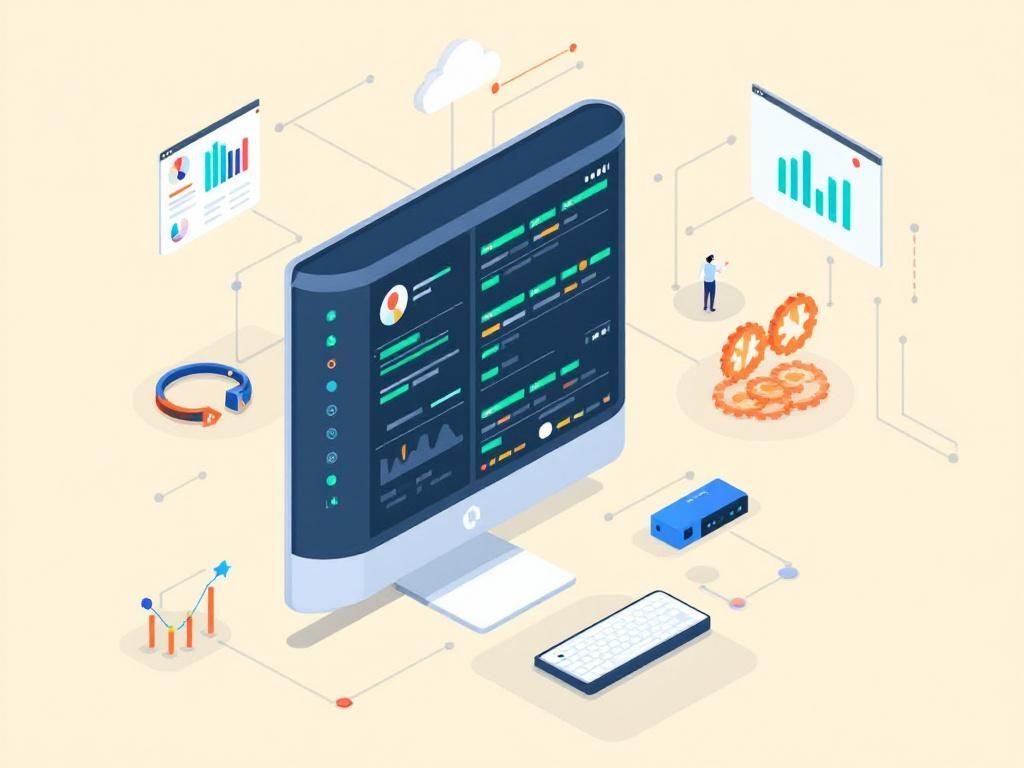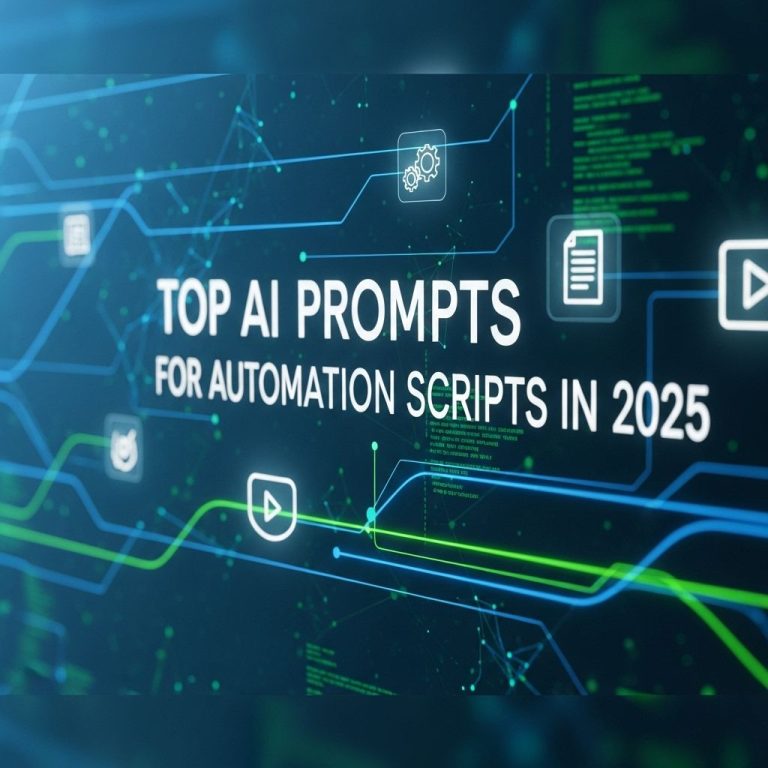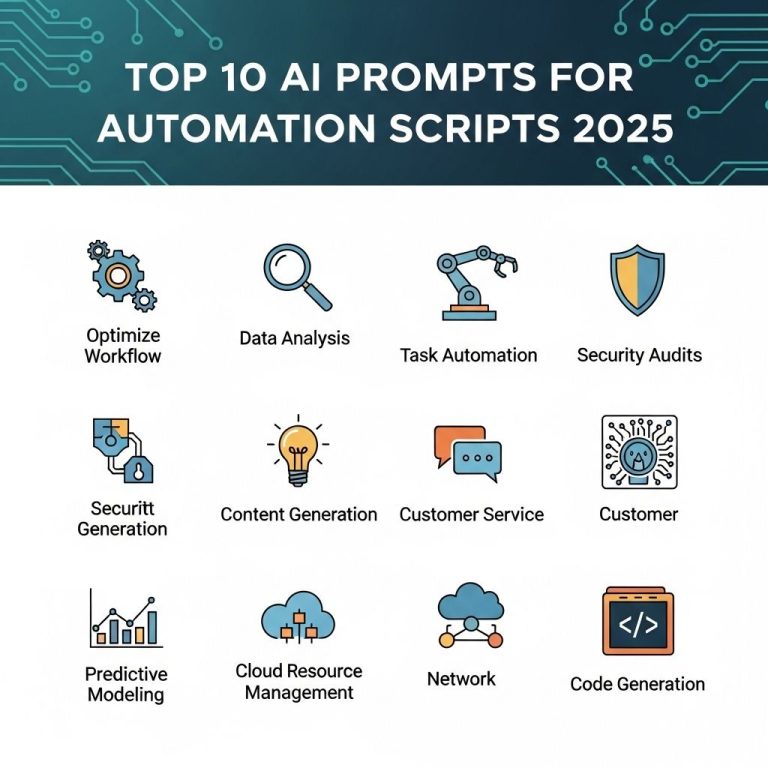In today’s fast-paced digital landscape, businesses are increasingly dependent on information technology (IT) to drive operations and enhance productivity. As organizations strive to improve efficiency and minimize downtime, the integration of Artificial Intelligence (AI) monitoring tools has become a game changer. These advanced tools not only streamline workflows but also provide invaluable insights into system performance. This article explores the impact of AI monitoring tools on IT efficiency, highlighting key features, benefits, and implementation strategies.
Understanding AI Monitoring Tools
AI monitoring tools utilize machine learning algorithms and data analytics to oversee IT infrastructure, applications, and network performance. Unlike traditional monitoring systems, which often rely on predefined thresholds and manual intervention, AI-powered tools continuously analyze real-time data to detect anomalies, predict issues, and automate responses. This dynamic approach enhances decision-making and operational efficiency.
Key Features of AI Monitoring Tools
AI monitoring tools come equipped with various features that optimize IT management:
- Real-Time Monitoring: Continuous tracking of system performance metrics helps ensure optimal operation.
- Anomaly Detection: Advanced algorithms identify unusual patterns that may indicate potential failures.
- Predictive Analytics: Utilizing historical data, these tools predict future IT issues before they manifest.
- Automated Responses: AI can automatically correct issues without human intervention, reducing downtime.
- Detailed Reporting: Comprehensive dashboards provide insights into system health and performance trends.
Benefits of Implementing AI Monitoring Tools
The adoption of AI monitoring tools offers numerous benefits for organizations:
1. Enhanced Efficiency
By automating routine monitoring tasks, AI tools free up IT teams to focus on strategic projects, thereby increasing overall efficiency.
2. Reduced Downtime
With real-time monitoring and predictive analytics, potential issues can be addressed before they escalate, significantly reducing system downtime.
3. Improved Decision-Making
AI tools provide actionable insights that help IT managers make informed decisions quickly.
4. Cost Savings
Automated problem resolution and reduced downtime contribute to significant cost savings over time.
5. Scalability
AI monitoring tools can scale with the organization, adapting to changes in infrastructure or application deployment.
Choosing the Right AI Monitoring Tool
When selecting an AI monitoring tool, consider the following factors:
- Compatibility: Ensure the tool integrates seamlessly with your existing IT infrastructure.
- User Experience: Opt for tools that provide intuitive interfaces and dashboards for ease of use.
- Scalability: Choose a solution that can grow with your business needs.
- Support and Training: Evaluate the level of customer support and training offered by the vendor.
- Cost: Consider the total cost of ownership, including initial setup, licensing, and ongoing maintenance.
Implementation Strategies
To effectively implement AI monitoring tools, organizations should adhere to the following strategies:
1. Assess Current Infrastructure
Conduct a thorough assessment of your existing IT infrastructure to identify bottlenecks and performance issues. This evaluation will help in selecting the most appropriate AI monitoring solution.
2. Define Clear Objectives
Establish clear objectives for what you hope to achieve with the AI monitoring tool, whether it’s reducing downtime, improving performance, or enhancing security.
3. Involve Stakeholders
Involve key stakeholders from various departments in the selection and implementation process to ensure the tool meets the diverse needs of the organization.
4. Pilot the Tool
Run a pilot program with the selected AI monitoring tool to evaluate its performance and gather user feedback before full-scale deployment.
5. Provide Training
Ensure that IT staff are adequately trained to use the new tool effectively. This training should cover both the operational and analytical aspects of the tool.
Case Studies of Successful AI Monitoring Implementations
Several organizations have successfully integrated AI monitoring tools to enhance IT efficiency:
| Company | Industry | Outcome |
|---|---|---|
| Company A | Financial Services | Reduced downtime by 40% through predictive maintenance. |
| Company B | Healthcare | Improved patient data security with real-time threat detection. |
| Company C | E-commerce | Increased website uptime to 99.9% through automated monitoring. |
Conclusion
The integration of AI monitoring tools into IT operations is no longer a luxury but a necessity for organizations seeking to maintain competitive advantages in the digital arena. By enhancing efficiency, reducing downtime, and facilitating informed decision-making, these tools play a critical role in driving productivity. As technology continues to evolve, organizations must embrace AI-powered solutions to stay ahead of the curve and optimize their IT management processes.
FAQ
What are AI monitoring tools?
AI monitoring tools are software solutions that leverage artificial intelligence to track and analyze IT systems, applications, and networks to enhance performance and efficiency.
How can AI monitoring tools boost IT efficiency?
AI monitoring tools can boost IT efficiency by automating routine monitoring tasks, providing real-time insights, predicting potential issues, and optimizing resource allocation.
What are the benefits of using AI monitoring tools in IT?
The benefits include improved system uptime, faster issue resolution, proactive maintenance, reduced operational costs, and enhanced decision-making through data-driven insights.
Can AI monitoring tools integrate with existing IT systems?
Yes, many AI monitoring tools are designed to easily integrate with existing IT infrastructure, enhancing their capabilities without requiring major overhauls.
What industries can benefit from AI monitoring tools?
Industries such as finance, healthcare, manufacturing, and e-commerce can significantly benefit from AI monitoring tools due to their reliance on robust IT systems for operations.
Are AI monitoring tools suitable for small businesses?
Absolutely! AI monitoring tools are scalable and can be tailored to meet the needs of small businesses, providing them with the same efficiency benefits as larger enterprises.




